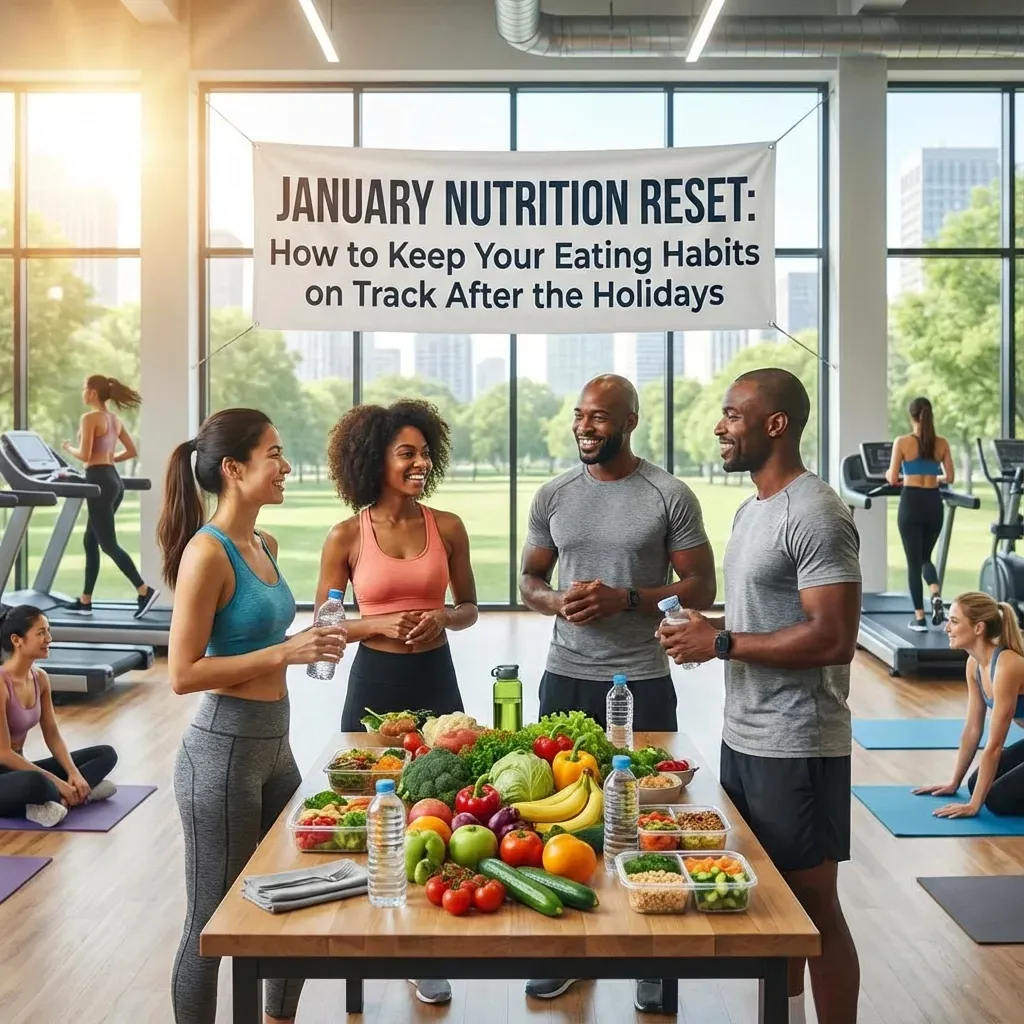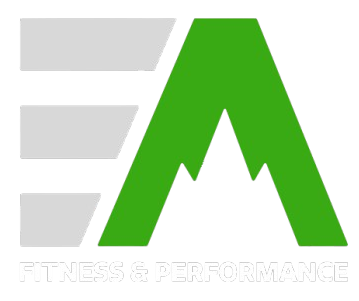Debunking myths about strength training
In a world where there’s so much information out there on the internet which means there’s a lot of good information but also misleading information. Strength training is a big topic and I still see stuff out there that is either outdated information or just plain wrong. So I’m going to highlight some of the common myths about strength training.
1)Strength training will make me bulky
-It is true that strength training can build muscle mass and depending on your body type(ectomorph, mesomorph, or endomorph) that you can build more muscle mass then the average person. HOWEVER, bulking in general terms doesn’t happen through only lifting weights. Nutrition plays an even bigger role. There are many people that lift weights and are thin because of nutrition habits. Lifting weights alone will not make you bulky. It’s the foods that you are eating that can cause someone to get bulky.
2)Strength training is only for younger people
-While lifting weights is great for people that are younger for physiological development, I’d argue that lifting weights becomes EVEN MORE important as we get older. Metabolically, your body is slowing down. You are losing muscle mass every decade after the age of 40. You are losing bone density. You are losing strength and balance. All of which strength training can actually help reverse!! Can you believe that? I call lifting weights the key to maintaining your youth as you age because of all the studies that have shown a decrease in all risk-cause mortality in individuals that lift weights weekly!
3)Strength training will make my muscles tighter
-Strength training has actually been proven to improve mobility. I’ve worked with individuals in their 70-90s age and seen them improve their flexibility without hours of stretching. How is that possible you might say? Most of the time, when people are “tight” it’s not because the actual muscle is shortened. The tightness can be caused by the central nervous system which could be for a variety of reasons(Sport specific tightness, anatomical structures, etc). With corrective exercise through strength training, you can teach your nervous system to loosen up certain muscle groups once other muscles are stronger and basically recalibrate your neuromuscular system to help reduce muscle stiffness.
4)Strength training is primarily for men
-This couldn’t be farther from the truth. Both men and women benefit from strength training. Women actually have more to lose than men for those who choose not to strength train. Primarily for three reasons, they don’t produce nearly as much testosterone as men, the anatomical changes that occur after pregnancy, and menopause. These all have put women at a higher risk for losing bone density, bone fractures, atrophying of muscle mass, losing strength and balance, and increased risk of injuries. Strength training can reduce the risk of all those things significantly!!
5)Strength training is only for people with experience
-It is for all levels of fitness. Strength training is for everyone at any age. If you’ve never exercised before, it’s a good idea to hire a personal trainer like my staff at my gym. Getting a physical assessment and creating a personalized exercise program from a personal trainer will ensure that you don’t injure yourself because of doing the wrong exercises the wrong way.
As always, if you have any questions and or need extra assistance starting your fitness journey. EA Fitness and Performance is ready to help you.
Coach Evan
The post Debunking myths about strength training appeared first on EA Fitness and Performance.
recent posts




